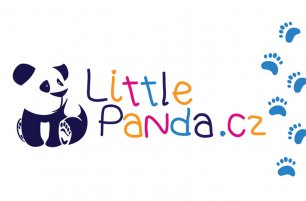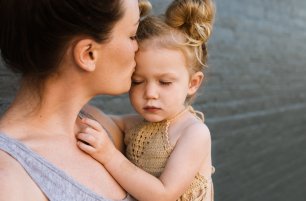There's A Book for That!
I’m back again with more book recs! As an educator, I often turn to books to help answer difficult questions or to start a conversation about a challenging situation.
The right books can illustrate real-world experiences in a way that children can understand and relate to. For parents, books can encapsulate what you want to say in a child-friendly way, offer a neutral introduction to a difficult topic, or be used as a springboard for a more extensive discussion. They also allow children to return and engage with a topic when they feel ready: often, this is not at the first read.
Over the years, I’ve collected titles for a wide variety of situations and topics. We’ll be sharing book recommendations with you in each newsletter going forward, so if you have some requests for topics, let us know!
For this issue, here are five of my current favorites for tackling changes that might be coming up in your child’s life.
Moving House by Anne Civardi
Great for Toddlers and Preschoolers, the simple text and eye-catching illustrations document what happens when a family moves to a new house, including packing and unpacking and meeting new friends and neighbors.
Ages: 2 - 5 years
Goodbye, Friend! Hello, Friend by Cori Doerrfeld
This sweet book focuses on the idea that when one experience ends, it opens the door for a new experience to begin. Following two best friends, it details the hard goodbye of a friend moving away.
Ages: 4 - 8 years
You Were the First by Patricia MacLachlan
Sentimental and caring, this book serves to remind first-born children that they will always be loved, even when welcoming a new baby. It also does double-duty, as appropriate, celebrating that one and only children are precious as well.
Ages: 4 - 8 years
The Next Place by Warren Hanson
This gorgeously illustrated book offers calming and inspiring reassurance to the loved ones left behind when someone passes away. The text is open-ended, allowing families to incorporate their own beliefs and values.
Ages 2 - 7 years old
The Koala Who Could by Rachel Bright
Kevin, our protagonist, doesn’t like change, but, as we well know, change is inevitable. This delightful story shows children that stepping outside of their comfort zone can bring great new experiences!
Ages: 2 - 5 years
By Head of School Pherooz Karani
Want to learn more? Read our next article:









